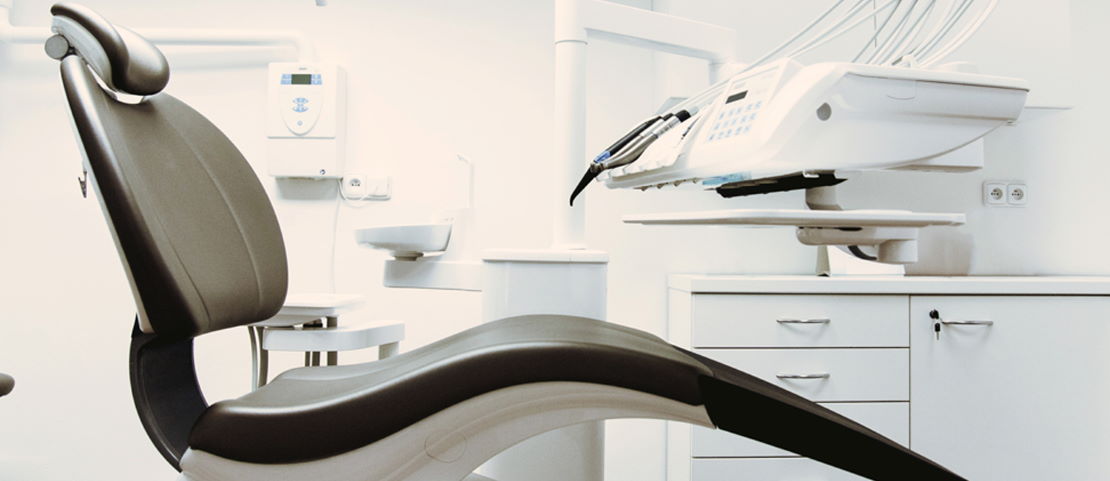

How Artificial Intelligence is Revolutionising Dentistry.
Whether teeth need repairing, removing or replacing, dental treatment and dentists are a necessity for virtually everyone at some point.
This means that spaces in dental surgeries are at a premium and dentists are always looking for the ways to better tackle their workload, particularly when it comes to emergency cases. I spoke with Leeds-based Cosmetic Dentist Dr Andrew Pritchard, who said that time management and triaging (assigning the degree of urgency of a problem) of these appointments was a difficulty he faced because the severity of an appointment can differ so greatly.
In an emergency case, Dr Pritchard told me that time on tooth was critical, so being able to prepare in advance for, or receive assistance during, such a procedure was incredibly useful.
Ultimately, AI gives dentists the ability to improve patient outcomes in situations just like these effectively, in a variety of different ways. In this article, I’m going to explore 3 areas in which I think AI stands to have a huge impact on the dental space. They are:
1. Natural Language Processing (NLP)
2. Image Analysis
3. Personalised Care
Combined or separately, these aspects of AI give physicians the ability to streamline their processes and overcome some of the significant challenges they face on a day-to-day basis.
Talking Teeth
It’s widely believed that the future of search and accessing data is going to rest with our voices. Stats vary as to exactly what percentage of searches will be carried out in this way, but it’s increasing fast. This is largely down to the proliferation of smart speakers like Google Home or Amazon’s Alexa and the natural language processing (NLP) technology these devices incorporate. It’s what enables them to understand, interpret and respond to what we’re saying.
To get more of an idea about the potential of NLP in surgery, we reached out to a few industry experts. One of whom was Alen Saqe, CEO of Dentem, a dental software service provider who are pioneering AI in the dental space. He was excited about the prospect of NLP, quoting a simple example of a doctor being able to issue voice commands to a virtual assistant which can automatically take notes. Or, respond with a second opinion.
I asked Dr Pritchard how comfortable he would be in taking a second opinion from a computer and he mentioned the vast quantities of data it could have access to:
“AI could theoretically keep updating itself with every new piece of research published… offering clinicians a much more thorough understanding of their treatment modalities based on sound and up to date information, second opinion with this range of data would certainly be welcome”
If the effective integration of NLP technology enables physicians to access a second opinion immediately, through just asking the question, then that’s a huge benefit for the practitioner.
Indeed, when more layers of AI are added on top, or underneath the NLP capabilities it gets really exciting. In addition to second opinions, the added bonus of having all of the patient’s dental history on hand could be invaluable mid-procedure, as would the ability to ask the AI assistance to show you real time images or even 3D renderings of the patient’s teeth.
Effective adaptation of NLP is what gives AI a voice and facilitates the technology becoming an active participant in dental surgery.
Intelligent Analysis
A clear advantage of a computer over a human brain is the ability to process vast quantities of data at one time. As Dr Pritchard mentioned, this could be in the sense that journal articles and entries are being read and recorded en masse but another use from an AI-enabled assistant could be in the collation of past examples of patient data, meaning that they are able to analyse and correctly interpret what an issue may be from a medical image.
Image analysis is exactly what Alan Saqe’s team at Dentem specialise in. Their main product does just that and their current work involved training machine learning models to collate all the information surrounding the patient’s image with huge numbers of previous other cases. This then gives the software the capability to give the doctor a well-informed second opinion.
The amount of data that the algorithm has access to will potentially also mean that it can go one step further. Further down the line, Saqe expects that an AI assistant may be able to analyse an image before predicting the aggressiveness of some diseases. Long term, AI may even be able to read dental x-rays better than humans can and provide more insight into exactly what these images mean.
Personalised Care
Precision medicine is something all physicians and medical device manufacturers are aiming for. This means saying goodbye to one-size-fits-all treatment plans, instead ushering in a new age of truly individual, tailored treatment for each patient as they need it.
Nowhere is this more important than in the dental space when there are a huge number of variables, which can significantly impact any one patient’s care. However, the vast amounts of data that an AI assistant has access to means that with its input, physicians could provide a more tailored treatment plan than ever before.
Dr Pritchard said that the ability to pinpoint where dental treatment is required based on “epidemiology data, patient genetics and dental risk factors” would leave them much better equipped to provide a more tailored service to patients, ultimately having a positive impact on patient outcomes.
The benefits offered don’t stop in the dental chair, as direct contributors such as implantologists and prosthetics manufacturers also stand to benefit. This was echoed by Franco Bartoli, the CEO of dental consumables manufacturer GC Italy, a subsidiary of GC Europe. He commented that “AI will increasingly support the dentist in collecting and processing the patient’s clinical data and then transmitting it to the technician for making the prosthesis”.
Alan Saqe also spoke of AI’s ability to equip physicians with the tools to provide preventative precision care, as opposed to reactive care, when a problem has occurred saying: “we will see more individualised care for patients, as some have more issues than others on a genetic level, so the preventative care will be more personalised”. By having access to a patient’s genetic data and then thousands of other data sets to compare it to, an intelligent algorithm can accurately predict a highly tailored treatment plan to mitigate the effects of disease of decay before they occur.
What Next?
Today, we’re still in the early stages of AI’s introduction to dental, but if it continues at the same success rate as we have seen so far, the potential is massive. It enables everyone in the dental surgery, including dentists, technicians and back office staff, to streamline and improve the treatment process. Ultimately, for those that adopt it, it means that clinical outcomes can be improved, and the dentist’s time is used much more effectively. In turn, this could mean more patients will be seen, leading to increased accessibility to better dental care for a greater number of people.
Recommended.
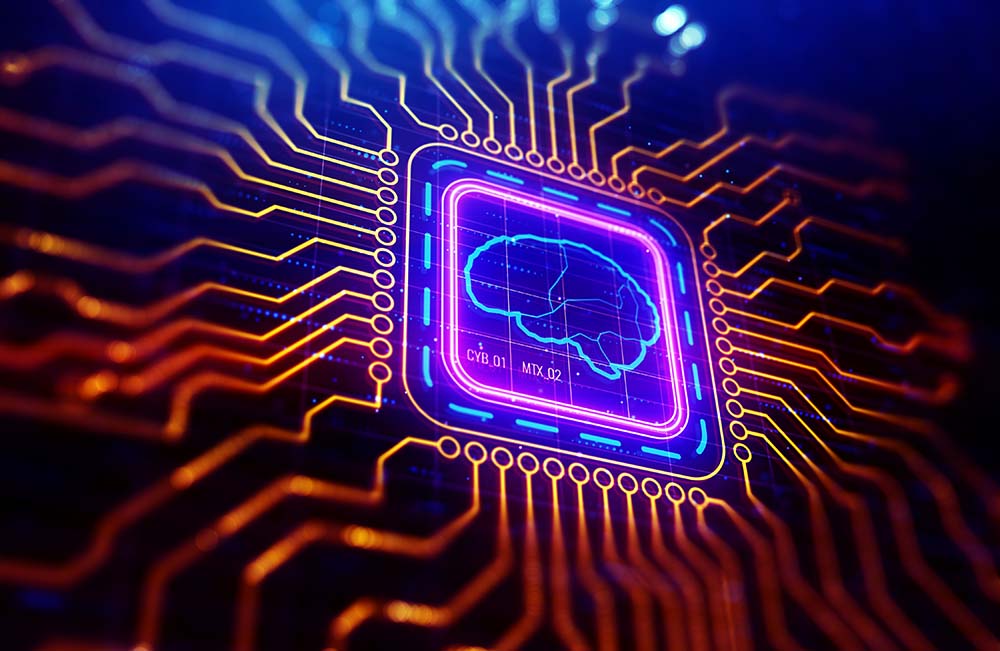
What Does Consumer Neurotech Innovation Mean for the Medical Device Industry?
Integrating systems into the human brain to control our everyday devices may seem very ‘Black Mirror’, but thanks to modern neurotechnology it's quickly becoming reality. Click to find out more.
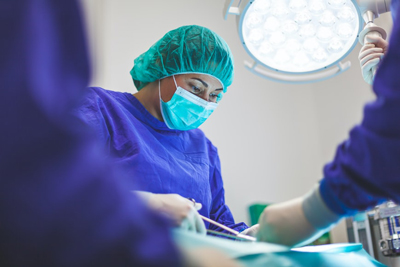
How to Master Reimbursement in Medical Devices & Biotech.
In this live webinar, hosted by CM Medical, we went in search of expert reimbursement advice - speaking to Deborah Rizzi and Steven Haken of Odelle Technology.
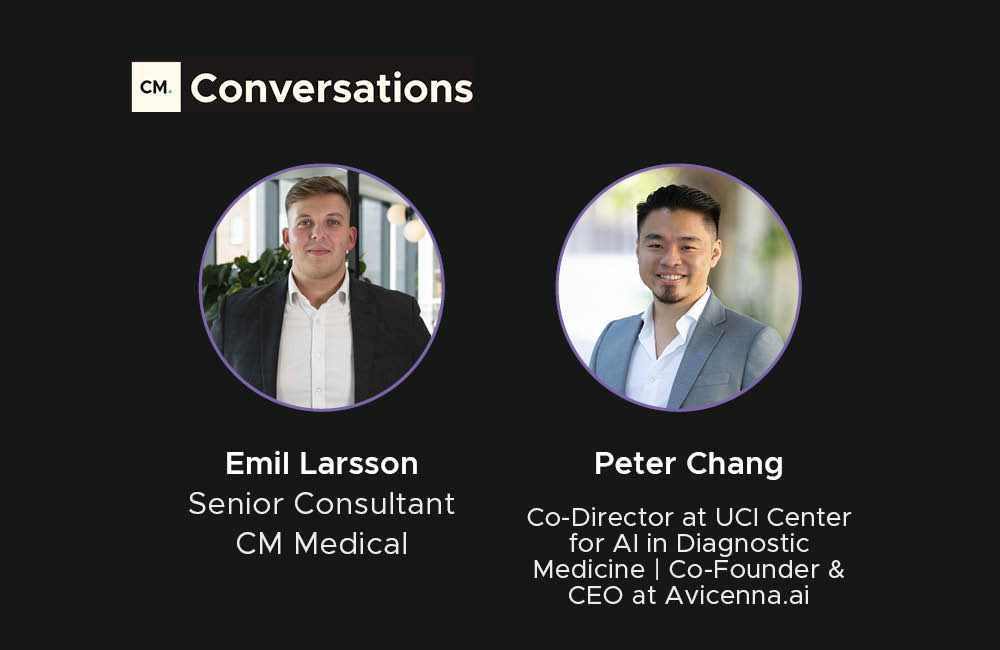
How to Stand Out in a Saturated AI & Medical Imaging Market.
We asked an expert at an innovative medical imaging start-up about how they had overcome this challenge. Click now and listen to what they said.

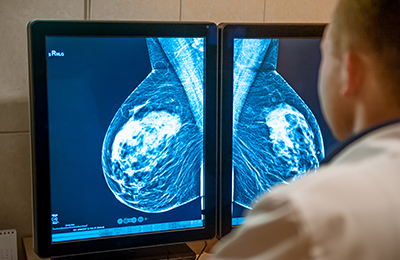
Comments.